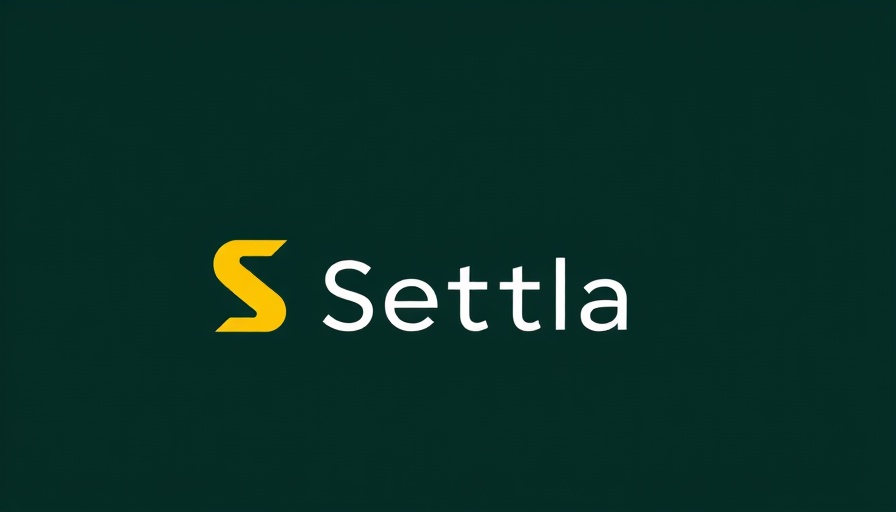
The Invisible Financial Crisis: A Comprehensive Overview
Every year, millions of migrants around the world face the daunting task of navigating complex and often exclusionary financial systems. Immigrants, in particular, are not just transferring money; they are maintaining livelihoods, supporting families, and keeping dreams alive against insurmountable odds. Lekan Oganla and Mayowa Akanbi's story is a quintessential example of the resilience required to overcome these obstacles. When faced with the challenges of transferring money to support a friend’s vehicle purchase in Atlanta, they discovered that banks, unprepared to facilitate such transactions, were creating barriers instead of providing support.
Understanding the Systemic Failures of Financial Institutions
Behind the frustrating stories of individuals lies a startling reality: financial institutions often lack the cultural awareness needed to serve diverse communities effectively. For example, a Nigerian-American entrepreneur had his accounts shut down without warning due to being flagged as 'high risk.' Such actions are often based on algorithms that misinterpret cultural behaviors, leaving legitimate businesses and entrepreneurs marginalized in a system that assumes their guilt before understanding their operations.
The Role of Community Solutions
Oganla and Akanbi's innovative approach involved creating connections and fostering community solutions instead of relying solely on restrictive institutions. This grassroots method echoes the spirit of many successful African startups today. As the global financial architecture continues to evolve, there is a pressing need for tech entrepreneurs to create platforms that facilitate safe, transparent, and accessible financial transactions. These developments are pivotal in empowering the over 280 million international migrants who still rely on informal channels, often at great risk to their financial security.
Looking Toward the Future: The Need for Digital Transformation
In light of these challenges, it is clear that the future of finance in Africa and beyond requires a profound digital transformation. This is not merely about introducing new technologies like AI and blockchain, but about reimagining how these tools can foster inclusivity and equity within financial systems. By prioritizing cultural awareness and the user experience, these technologies can bridge existing gaps and create pathways for economic empowerment.
Call to Action: Engage with Innovative Solutions
As we move towards a future where financial systems become more decentralized and user-friendly, the need for collaboration is critical. Entrepreneurs and innovators in fintech are key players in this transformation. With platforms like Settla paving the way, the vision of a more inclusive financial landscape becomes tangible. It's time to engage with these solutions and contribute to reshaping the way we understand and interact with money across borders.
 Add Row
Add Row  Add
Add 


Write A Comment